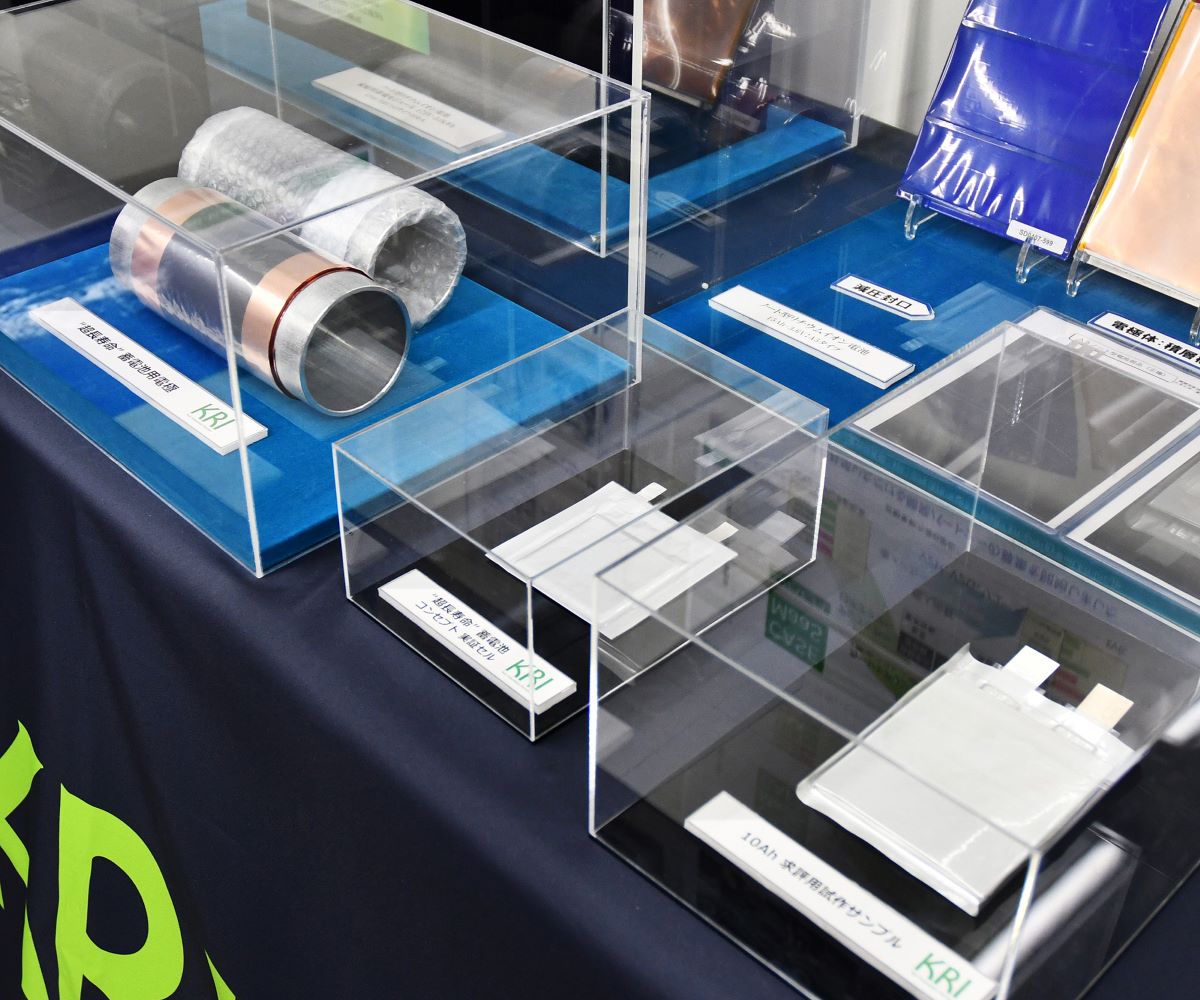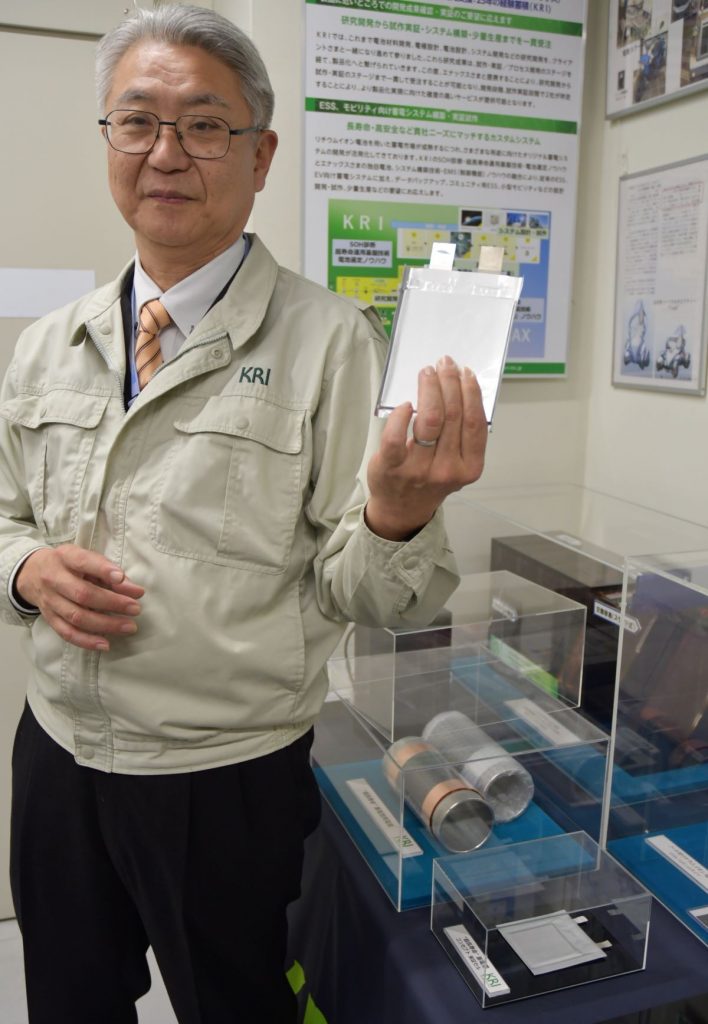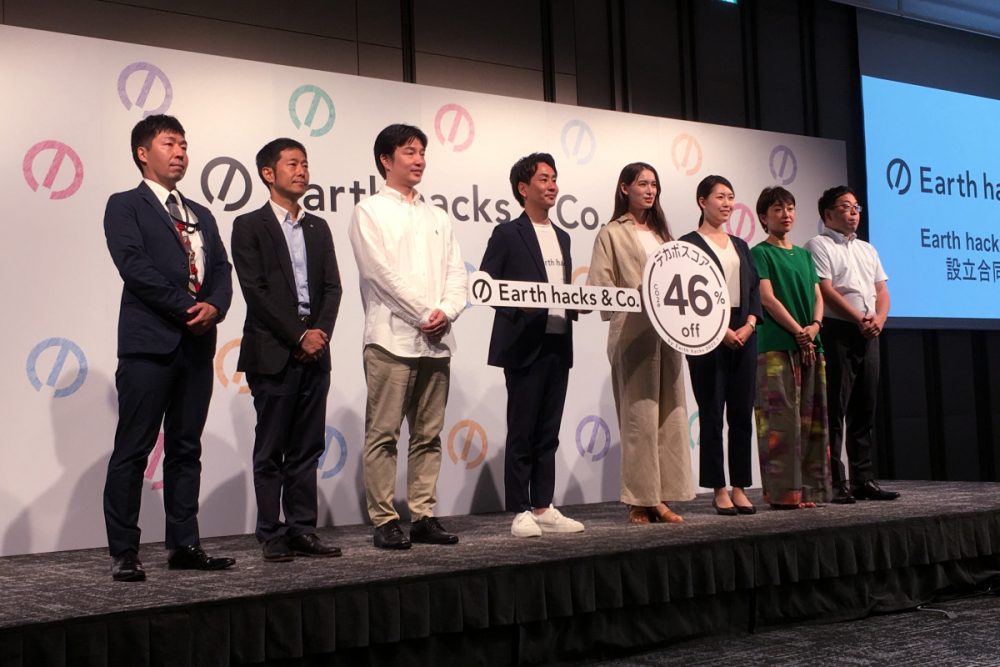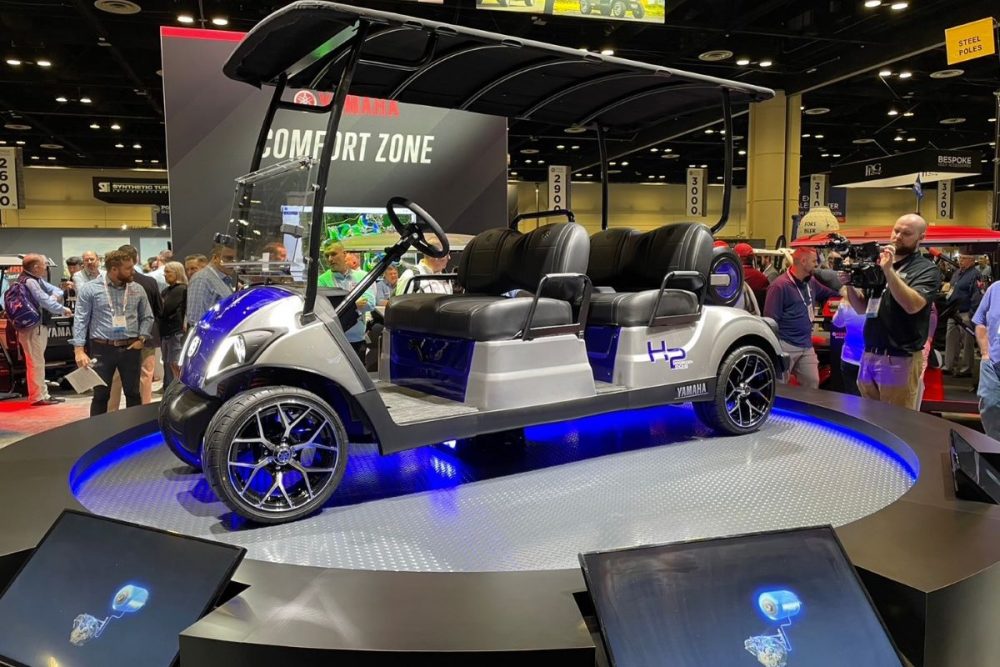Osaka Gas Subsidiary Develops a Long-Lasting Lithium-Ion Battery That Could Revolutionize the Lifespan of EVs
The subsidiary is testing prototypes of a lithium-ion battery for EVs that could significantly extend their lifespan, leading to less environmental impact.

このページを 日本語 で読む
On February 26, Kyoto-based Osaka Gas subsidiary KRI, Inc. announced the successful development of a longer-lasting lithium-ion battery for electric vehicles (EVs). The new battery has a lifespan over five times that of currently-used batteries. KRI is calling it the world's first "ultra-long-life storage battery."
The company plans to supply prototypes in 2025 to customer companies for testing the battery's performance. The ultimate aim is to extend the cumulative mileage of EVs equipped with 30 kWh batteries from the current 160,000 kilometers to over 800,000 kilometers.
Extending Lithium-Ion Battery Lifespan
KRI conducts research and development for batteries and energy-saving systems for manufacturers. With the proliferation of EVs, reducing the negative environmental impacts of battery disposal is a growing concern.
In this context, the company has focused its efforts on extending the lifespan of storage batteries.

Battery degradation occurs due to the uneven flow of lithium ions within. An adhesive called a "binder" is used to hold together the powder materials of the positive and negative electrodes. This binder is thought to hinder the flow of ions.
KRI opted to rethink the materials and electrode structure of the storage battery. In so doing, the company successfully developed a technology that maintains battery function without using existing binders. KRI says that this new technology can slow down the rate of degradation.
In 2024, KRI will proceed with internal testing of the technology. From 2025, the company will begin to supply prototypes for electric motorcycles to customers. According to the company, deals are underway with six domestic automobile and storage battery manufacturers.
The development has involved collaboration with approximately ten battery-related companies, including material manufacturers. Going forward, KRI aims to provide the technology to manufacturers for commercialization.
このページを 日本語 で読む











